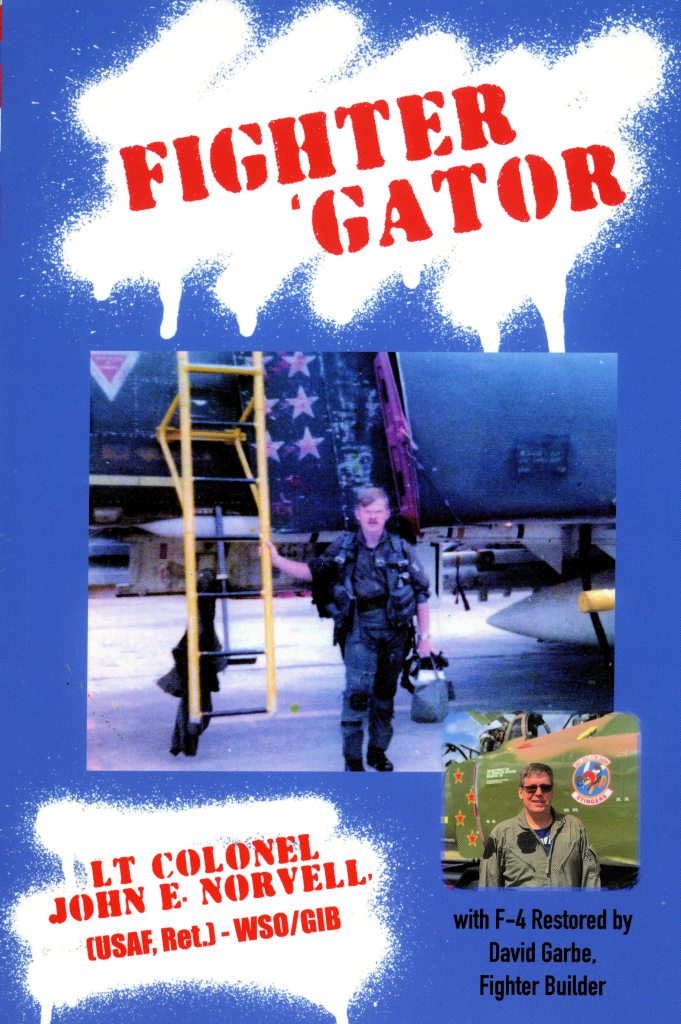Fifty years ago three major developments competed for the attention of America: The Race to the Moon, the so called “Flower Power” movement, and the Vietnam War. In that long ago summer of 1969, two would play out on the public stage in a dramatic manner and when the new decade began much would be changed. And for me, I would personally be witness to part of one, try to make the trip to another, and finally be drawn, as so many were, into the third.
The so-called Race to the Moon began when in 1961 President John F. Kennedy pledged to put an American on the moon before 1970. By 1969 the United States was well on the way to making that goal. Despite some early setbacks, the program had achieved much. While, the original seven Mercury astronauts were treated as rock stars, by 1968 few Americans could name more than the original seven. If many knew John Glenn, few outside of the space program had heard of the Apollo 11 crew: Neil A. Armstrong, Michael Collins, and Buzz Aldrin.
On July 20, 1969 the moon landing occurred. I remember watching it on a small black and white TV; across America people were glued to their screens. It was such an amazing thing to see Armstrong step foot on the moon.
In the weeks that followed the landing, the astronauts were received as heroes throughout the country and later appeared in September 1969 before a joint session of Congress. I remember standing on Pennsylvania Avenue, as the cars carrying them moved toward the Capitol, part of the large crowd assembled to acknowledge their triumph. It was a very proud time to be an American.
At the time, as were many people in their early twenties, I was intrigued by the so-called Flower Power movement that had erupted on the American scene in San Francisco in 1967. The so-called 1967 “Summer of Love” brought the Hippie uninhibited life style on the public stage.
It was a life style that seemed so foreign to my small town, rural upbringing that when my friend and I learned of the Woodstock Concert planned for August 15-18, 1969, we thought it would be a lark to go. His parents lived very close to the concert site at Bethel, New York. So, we planned to drive up from DC, crash at his parents’ home and at least make the scene one, maybe two days. When you are young all seems so easy – and possible.
Apparently that thought had crossed the minds about 400,000 others in the Northeast U.S. We were all set to head north, when his mother called and told him that the NY State Thruway was closed. That ended our Woodstock adventure. We only heard about the rainy, muddy weekend where many legendary rock acts performed. 
It was an event regarded as a pivotal moment in popular music history and the high point of the counterculture. And maybe that was OK we didn’t go as we both were in the military. With our short hair, we most likely would have been taken for Cops or Narcs.
By 1970 it was the Vietnam War on the news each night that drew more attention than the plight of the crippled Apollo 13 on the way to the moon. Anti-war protestors replaced the Hippies and these more politically-oriented groups dominated the news. The moon exploration program would limp along for a few more Apollo flights and then be cancelled; the Hippies would vanish from the public mind, perhaps fleeing to communes or being drafted. And later I too would be on a path that would lead to combat in South East Asia. While the two events of 1969 had been monumental in their own way, it was the War in Vietnam that would shape and change America more.
Yet of the three things – it is only the Moon Landing that we honor this year as a major American triumph. It was a moment when Americans stood tall and celebrated what we all could do when united.



Another interesting commentary on life in the 60s and 70s, John. I was present at the Apollo 11 ticker tape parade in NYC. It was an unforgettable moment in time.